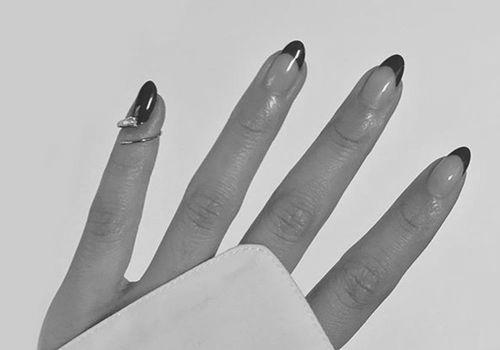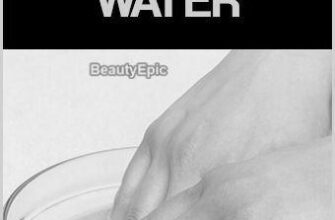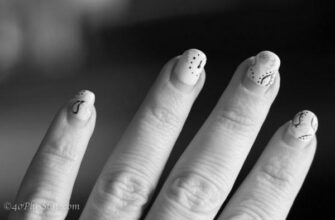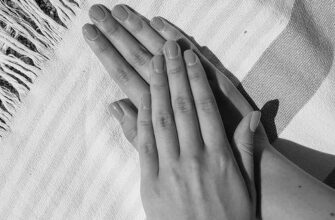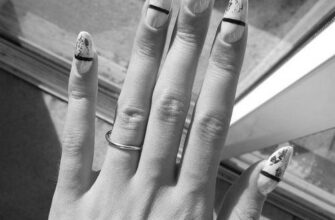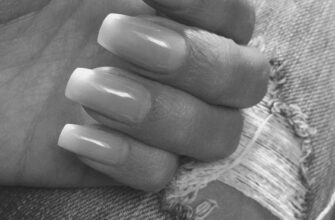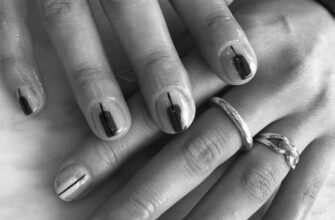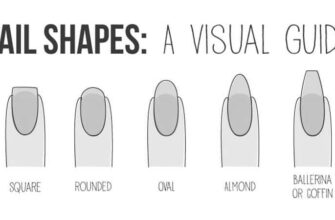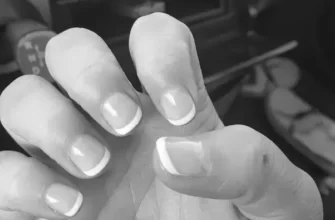- How Do I Prevent My Nails From Cracking?
- Cuticle cream
- Biotin
- Protein
- Occlusive agents
- Wearing gloves
- Avoiding harsh chemicals
- How Do I Treat My Nails to Make Them Stronger?
- Vitamin E oil
- Natural nail hardeners
- Prescription nail lacquers
- Healthy diet
- Avoiding acrylics
- Applying a keratin treatment between manicures
- Avoiding excessive water exposure
How Do I Prevent My Nails From Cracking?
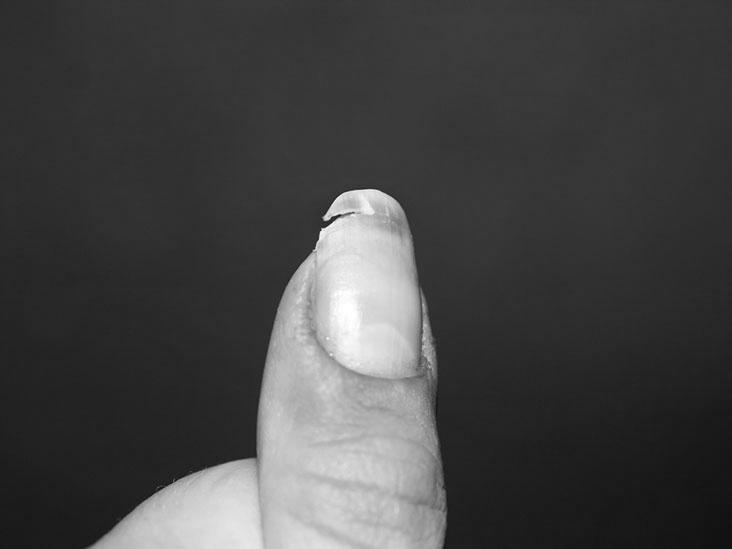
Using a fast-absorbing hand cream such as L’Occitane 20% Shea Butter Hand Cream can make your brittle nails less susceptible to breakage. The cream targets the area above the matrix, from the cuticles to the second knuckle. Constant hand washing and hand sanitizer application also contribute to brittle nails containing drying alcohol.
Cuticle cream
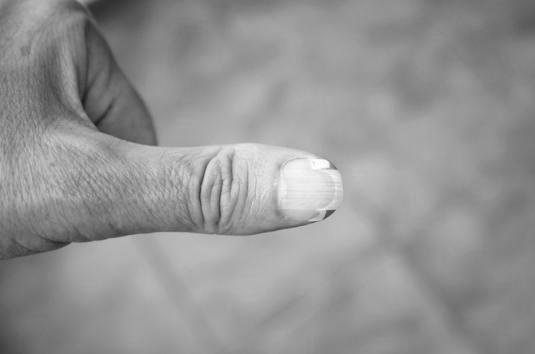
The best cuticle cream will have the ability to heal dry skin while promoting healthy nails. These creams are paraben-free and contain natural ingredients like milk and jojoba oil, which moisturize and lubricate the skin around the cuticles. They should also smell fantastic and provide long-lasting moisture. These creams also contain vitamins E and alpha-hydroxy acids. The list of ingredients should be long enough to address your cuticles’ needs.
You can apply cuticle cream every night before bed. This cream is usually thicker than hand cream and contains highly concentrated hydration. Apply it at least once daily to help soften and protect your cuticles. You can purchase cuticle cream at any drugstore and use it as often as you would hand cream. Cuticle creams are great for both dry and cracked skin around the nails.
An excellent cuticle cream will moisturize and protect your nails while preventing cracking and splitting. You can also use cuticle oil to keep your nails strong and prevent cracking. This cream contains avocado oil, tamanu oil, hemp oil, and many nourishing oils. It also contains peppermint leaf extract and argan oil for soothing your dry and damaged cuticles.
Biotin
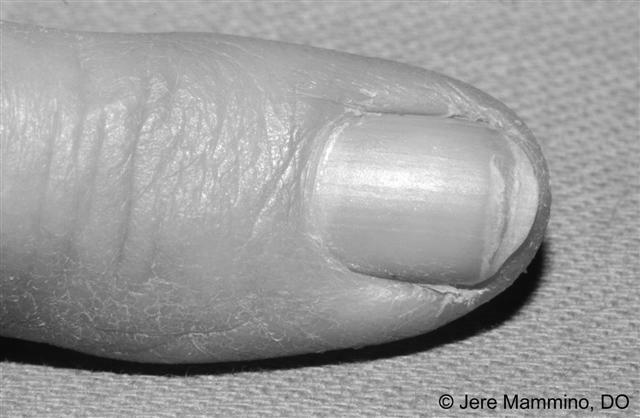
A recent study shows that taking a dietary supplement with Biotin may prevent and even cure the symptoms of split and cracked nails. Biotin stimulates the epidermal cells responsible for the formation of keratin, the protein structure found in our skin and nails. By increasing the amount of keratin-matrix proteins in our nails, Biotin could improve their resistance to fungus.
If you suffer from cracked fingernails, you likely lack one or more of the nutrients associated with protein-rich foods. In other words, you may have enough protein, but your nails. Depending on the severity of the cracking, your physician may prescribe an anti-fungal medication. Biotin supplements may help you avoid the problem altogether, but only if you consult a doctor first—Biotin is in some meat, eggs, nuts, sweet potatoes, and seeds.
Fortunately, there are several ways you can supplement Biotin. Biotin many foods and the Institute of Medicine recommends that adults take 30 micrograms of Biotin daily. But if you’re looking for a natural treatment for nail cracking, a supplement with Biotin may be your best bet. There are several reasons to take a daily supplement with Biotin, and many health benefits are already known.
Protein
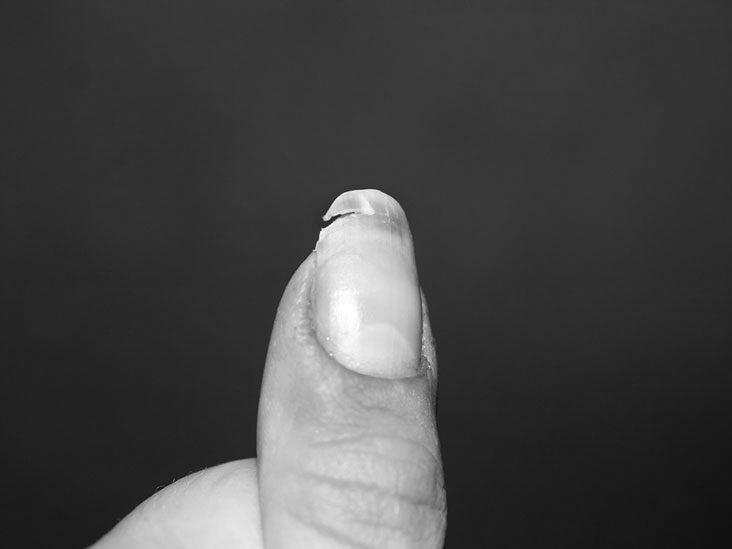
Increasing your intake of protein is a vital way to prevent nail cracking. Protein helps the body produce keratin, the substance responsible for keeping nails strong and flexible. Aside from protein, Omega-3 fatty acids are also essential for nail health. Omega-3s can also help moisturize and lubricate the pins. The recommended daily allowance for adults is approximately 30 grams of protein. These foods are delicious and are also highly nutritious for your nails.
Iron-deficient diets are associated with an increased risk of nail cracking. You should eat more red meat, spinach, beans, and oysters if you’re at risk for the condition. It would help if you also drank lots of water to avoid causing iron deficiency. Iron-deficient individuals are more susceptible to nail cracking because of shortages of this mineral. For healthy nails, you should include a wide variety of iron-rich foods in your diet, such as grass-fed beef, oysters, and dark chocolate.
Your nail health is crucial to your overall well-being, so make sure you get plenty of protein. A lack of protein can make your nails brittle and weak by a deficiency of iron or thyroid hormones. If you suffer from brittle nails, consult your doctor and start a diet high in protein. It would help if you also tried wearing cotton-lined rubber gloves, readily available in stores.
Occlusive agents
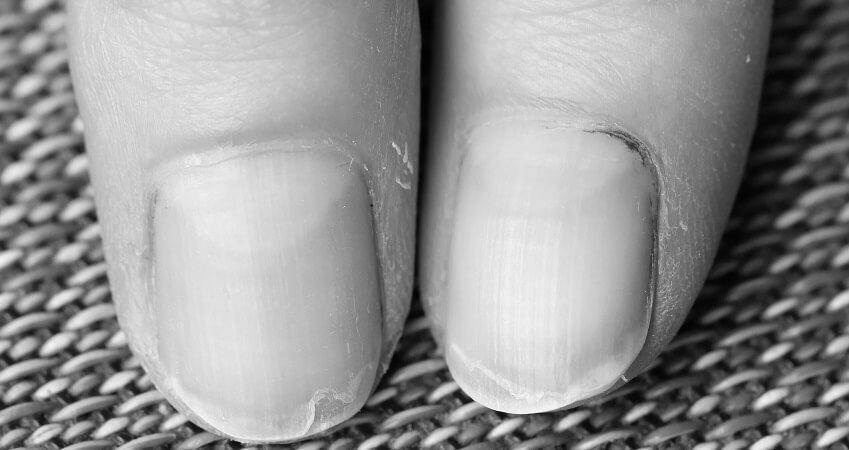
Occlusive agents are substances that make our skin and nails soft. Our skin absorbs moisture and becomes supple when we are in the water. When our skin is dry, it cracks, leaving open spaces between cells and losing water. Occlusive agents prevent this by trapping moisture in the skin and staying hydrated longer. Mineral oil and petrolatum are great examples of occlusive agents.
Wearing gloves
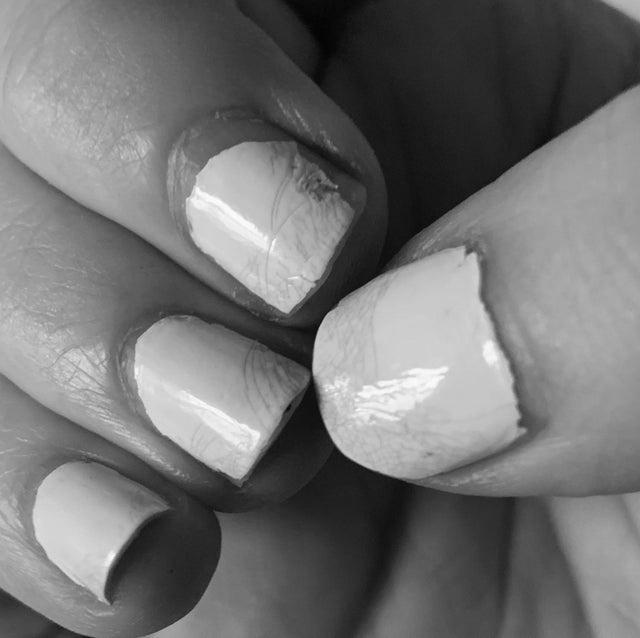
While using scissors, opening soda cans, and doing other tasks with your hands can cause your nails to crack and break, wearing gloves can protect them. It also helps to protect the skin around your nails. Your nail polish will stay on longer and prevent them from wearing away. When doing housework, gloves are also a good idea. These tips will help you avoid cracking your nails and causing them to become discolored.
Besides cutting corners on the risk of nail fungus and infection, it’s also helpful to protect your hands from chemical exposure. If your nails become brittle and dry, you may need to consult your GP. However, if they are cracked or brittle, it could signify aging or long-term exposure to chemicals. Wear gloves and regularly moisturize your hands to protect your nails from breaking.
When choosing a glove, remember that the cuff of the gloves should be long enough so that the fingers are protected. It helps prevent the skin from cracking. Also, to retrieve items from water. Wearing gloves can also help prevent a fingernail breakage during an outdoor job. In addition, wearing gloves also helps avoid cracking the nails when working with tools.
Avoiding harsh chemicals
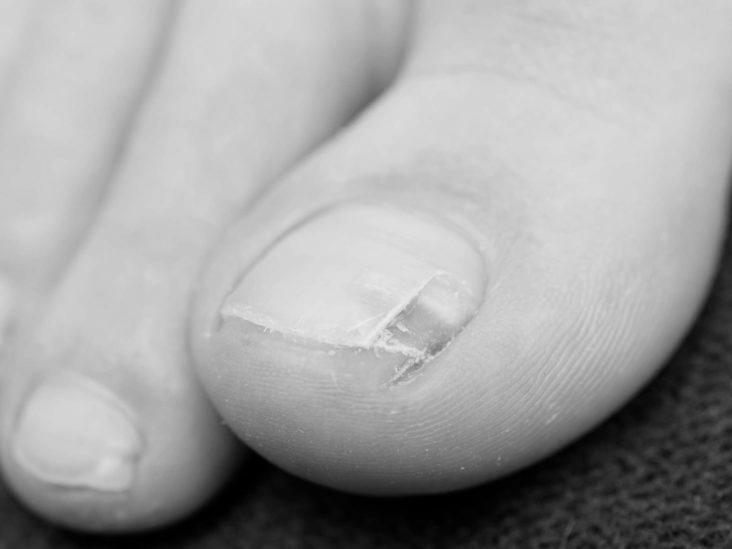
When you want to avoid nail cracking, avoid using harsh chemicals. Includes everything from cleaning agents to household cleansers. Even harsh antibacterial kitchen soaps can damage your nails. Another way to protect your nails is to use plastic gloves to wash the dishes. Lastly, avoid prolonged exposure to water. While some of these chemicals are inevitable, they are not the only culprits. Follow these tips, and your nails will stay healthy and strong.
Wear gloves whenever you work with harsh chemicals. Even a few minutes in hot water can damage your nails. Also, use hand lotion after washing your hands. Do not take long showers or baths because these can dry out your skin and over-saturate your nails. Taking short showers also promotes strong nails. A natural latex glove will also protect your hands. You can also try a natural latex glove or biotin supplement. However, you should consult a doctor if your nails are still splitting after six months.
How Do I Treat My Nails to Make Them Stronger?
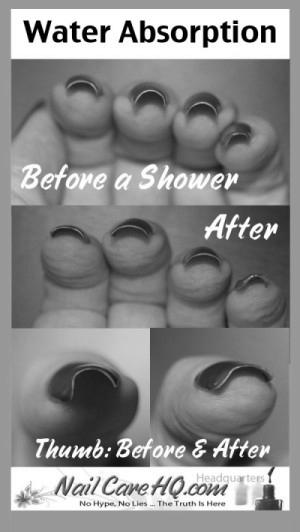
There are many ways to treat your nails. You can apply Vitamin E oil or natural nail hardeners, use prescription nail lacquers, or stick to a healthy diet. However, some nail-care products may be harmful to your health. If you have an unhealthy diet, you may not notice the difference in your nails. Also, nail hardeners should be applied only to the tips of your nails.
Vitamin E oil
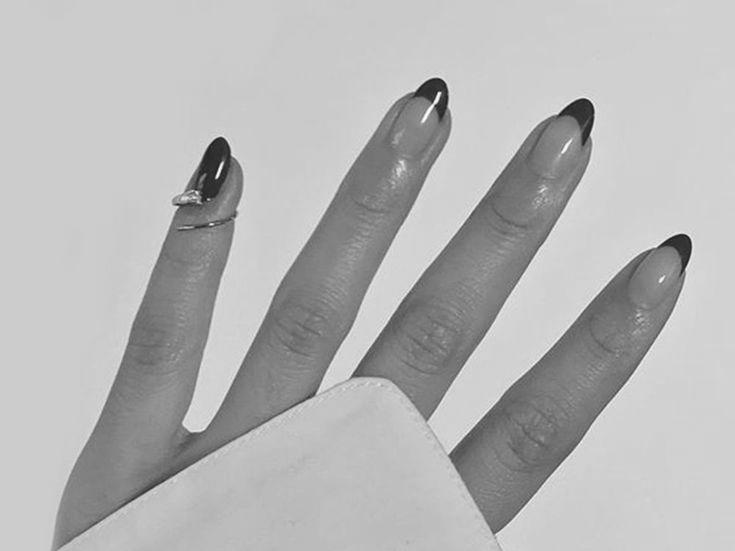
When it comes to strengthening your nails, you may think that nail polish is the only solution. However, other methods can help you achieve a much more robust set of pins. First, you can apply vitamin E oil to your nails every day. This natural oil can help repair damage to your nails, which in turn will strengthen them and make them look healthy. You can apply it to your cuticles as well.
Another method is to apply jojoba oil. This oil is made from the seeds of the jojoba plant and resembles sebum, your skin’s natural oil. Because of this, your skin won’t clog pores. Jojoba oil is an excellent choice for cuticles, as it’s absorbed quickly by the skin. You can also apply vitamin E oil to your nails to improve the health of your cuticles and nails.
Another benefit of applying vitamin E oil to your cuticles is that it strengthens your nails as an antioxidant. Vitamin E is a powerful antioxidant that protects your nails from damage by free radicals. In addition to strengthening your nails, vitamin E oil is hydrating and protective of your cuticles. It is also great for your blood since it adds moisture to dry cuticles and nourishes your skin.
Natural nail hardeners
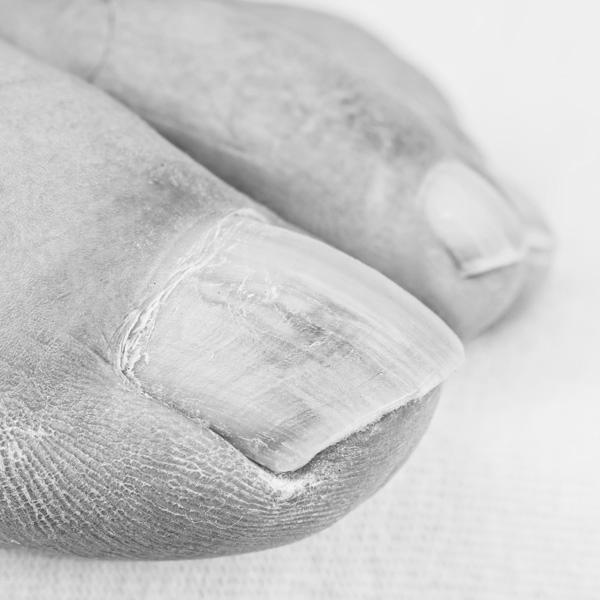
You’ve probably heard of nail hardeners, but do you know how they work? Nail hardeners from cross-linking agents attach to the protein chains in your nails to strengthen them. Think of your nails like a ladder with a few broken rungs. Natural nail hardeners use chemicals such as calcium or formaldehyde to tie the chains together. These agents help the nail grow and strengthen without damaging the nail plate.
Many products that claim to make nails stronger contain formaldehyde, but these chemicals have adverse health effects. In addition to harming your health, nail hardeners can make your nails weaker. In addition, they don’t work to fix the problem – instead, they can create more problems. Natural nail hardeners are a safer, more effective alternative. If you want to get stronger and longer-looking nails, you can opt for a nail hardener that’s free of formaldehyde.
However, it’s important to remember that each individual’s physical makeup differs. You may need other products if you have a medical condition, medications, or allergies. Try nail hardeners first on a small portion of your nail to avoid side effects and allergies.
Prescription nail lacquers
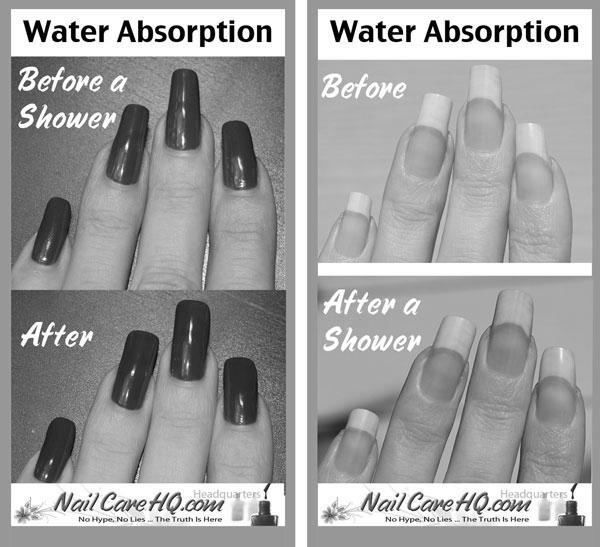
A prescription nail lacquer may suit you if you have broken, chipped, or brittle nails. A dermatologist can prescribe prescription nail lacquers for brittle and damaged nails. Prescription nail lacquers are a great way to strengthen your nails without undergoing painful treatments. Read on to learn more about prescription nail lacquers. And be sure to follow the instructions on the label.
Whether prescription nail lacquers make stronger nails is a good idea depends on your situation. If you already have weak nails, a prescription may make sense. If you have had negative results from over-the-counter treatments, you may want to talk to a healthcare provider about alternatives. You can also try a home remedy for stronger nails. But before you try something new, you’ll need to talk to your healthcare provider and find out if the prescription nail lacquer will work for you.
Healthy diet
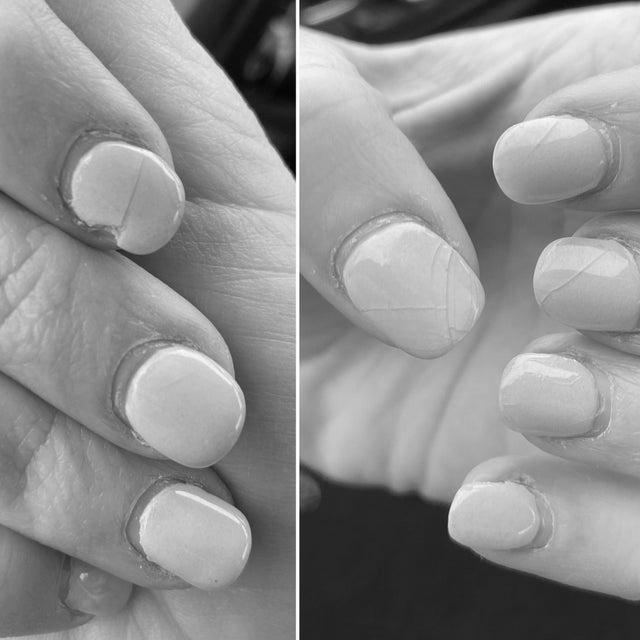
Apart from eating plenty of fresh vegetables, a healthy diet will give you thicker and stronger nails. Avocados are high in vitamin A and antioxidants. Bananas are also rich in potassium. They also contain Biotin, which aids in preventing dry skin and brittle hair. Apart from fruits, it would help if you ate plenty of leafy green vegetables, such as spinach, kale, and broccoli.
A good source of vitamin D is eggs. A half-cup of spinach contains about 0.4 mcg of Biotin, an essential nutrient for your nails. In addition, fish contains Omega-3 fatty acids, which are excellent for strengthening your fingernails. You should also include eggs in your daily diet with essential nutrients for healthy nails. Eggs contain a significant amount of Biotin.
A diet rich in protein is also essential for stronger fingernails. To further enhance your diet, you should avoid diuretics and other drugs that can dehydrate your body and affect your nails. If these methods do not work, talk to your doctor for a better plan.
Avoiding acrylics
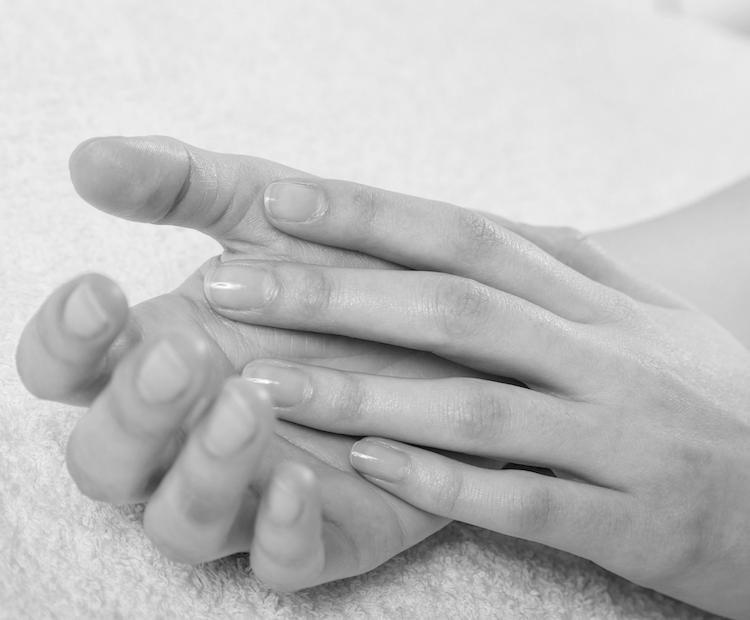
Before getting acrylics, you should know that the process can have long-lasting effects. Acrylic nails are long and thick, and the polish rarely chips. As a result, acrylics last longer than regular nail polish, which can only last for two weeks. Depending on your routine, acrylics can last up to a month, though you may need to change your acrylics more frequently if you spend time in the water or wear a lot of makeup.
However, long-term wear of acrylics may cause more damage than you think. For instance, blogger Amelia Rushmore-Perrin, who had acrylic nails for six years, found her natural nails weakened, split, and painful. Other beauty writers, such as Jennifer Connor, found that acrylics caused their nails to cut, split, and become unhealthy. Therefore, it’s essential to know what you’re getting into when wearing acrylics and take steps to restore your nails as soon as possible.
Despite the apparent benefits, acrylic nails are not as strong as they used to be. You should avoid acrylics if you’re concerned about the condition of your nails. Besides weakening the natural nail bed, acrylic nails can also make it brittle and dry. It’s essential to apply hydrating nail cream every morning and night. If you’re in the market for a good one, the Body Shop Almond Hand & Nail Cream is a great choice.
Applying a keratin treatment between manicures
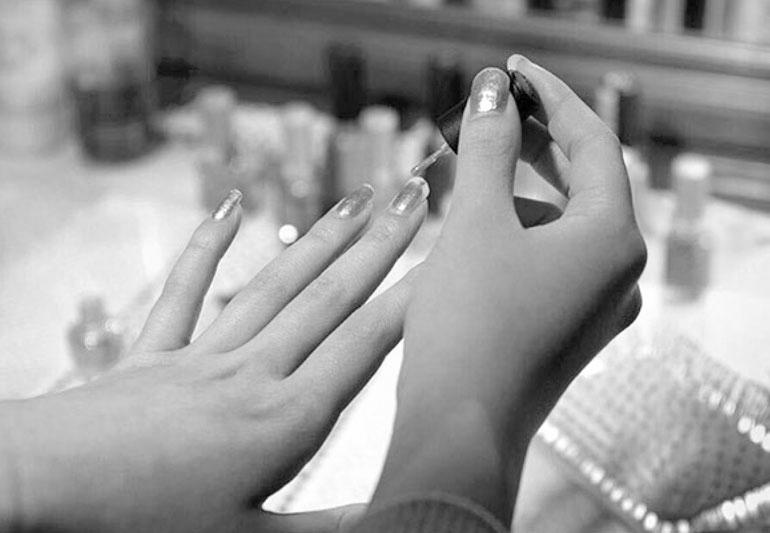
Many nail products promise stronger, longer nails. But these products can also cause more damage than good. If you’re constantly washing your hands, it can weaken the keratin cells. That’s because soap washes away the natural oils in your nails and causes the water in your nails to evaporate faster. Eventually, this will lead to thin, weak, peeling nails.
But keratin treatments aren’t just for nail salons. They can be applied between manicures, as well. They’ll rebuild the structure of your nails, making them stronger and longer. You can also use these treatments during the lockdown, allowing them to work while you’re locked in a stable state. But while keratin treatments aren’t a permanent solution, they can help restore your nails to their former glory.
Keratin treatments can also be harmful, as formaldehyde is a component in some products. Before choosing a keratin treatment, you’ll want to learn as much as possible about the ingredients in each product. If you’re unsure, you should always seek the advice of a keratin expert. You’ll want to use a product that doesn’t contain formaldehyde unless you’re sure it’s safe for you. You’ll be amazed at how better your nails look and how strong they’ll be!
Avoiding excessive water exposure
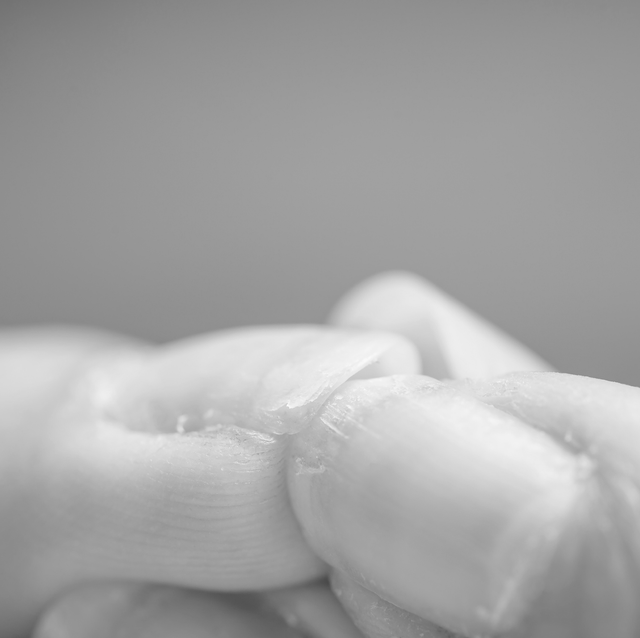
Aim to avoid prolonged contact with water. Exposure to water can weaken the nail’s structure. The same caution should be when approaching wet areas as it does with hair. Wearing gloves while working in the shower or washing dishes helps reduce the amount of water that contacts the nails. Avoid using nail files, scissors, and other tools with your nails to prevent damage to your nails. Also, avoid overly aggressive manicures. Many household cleaners contain chemicals and harsh antibacterial kitchen soap. Excessive contact with water will soften and weaken your nails.
You can also prevent softening by drinking plenty of water. A healthy diet contains antioxidants that protect body cells from free radical damage. Water-soluble foods such as leafy greens and almonds provide the iron needed for strong nails. Avoid gel manicures, false tips, or wraps to keep your nails looking friendly and healthy. These procedures may make your nails weak and prone to breakage. To avoid these problems, you should stick to a healthy diet that includes a variety of vegetables, fruits, and whole grains.
Wearing gloves is the best way to protect your nails. While washing dishes, avoid soaking your nails in water. Also, you should avoid swimming in the pool and soaking your nails for long periods. Water can be harmful to your nails and skin. Besides wearing gloves, it is essential to consume plenty of water. Soaking your nails in water is bad for your nails and skin, so always wear rubber gloves.
